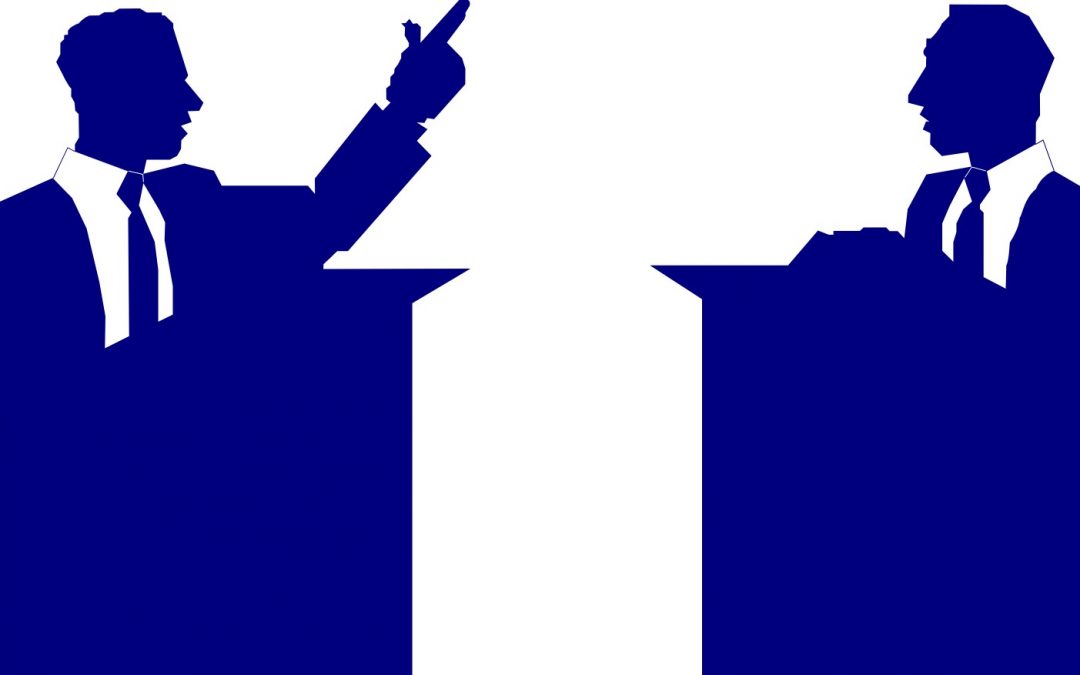The Torah says that “the nation shall judge,” and a verse later, “the nation shall save” [Num. 35:24-25]. The Talmud learns from the juxtaposition of these verses that the Sanhedrin, the High Court, should side with saving the accused, try to find merit for him, and use restraint in cases of doubt [Pesachim 12a etc.].
This does not only apply only to murder cases; on the contrary, the Chapters of the Fathers says that we must “Judge every person favorably” [1:6]. The Talmud recounts situations in which a person went to bizarre lengths to explain to himself why another person had done nothing wrong… and it turned out that he was right!
We find exactly the opposite phenomenon around us today, an instinct to judge another person as harshly as possible. This happens via two leaps of logic. First, people decide that their position is not only correct, but the only acceptable one for a good, decent person to have. And then, having decided that anyone who disagrees with them is a bad person, they simply look for evidence. And when you’re trying to judge someone as poorly as possible, the “evidence” is not hard to find.
Recently there was a woman who wanted to warn other people about indoctrination of youth. She wanted to tell them how dangerous it was, so she pointed out that one of the most evil people in history, Adolf Hitler, said, “the one who owns the youth, owns the future.” She told people this because she wanted them to work to ensure that it wouldn’t happen again.
Actually, something almost identical happened two years ago. And in both cases, people who opposed the positions of the two speakers immediately tried to assert that they “admired” Hitler, when the truth was just the opposite!
In both cases, I had the opportunity to meet the speaker in question, and to discuss their positions. And it was obvious that, though they might have chosen a less inflammatory example, their intentions were good, and they had quoted him precisely because they despised the hate that he represented. Both were horrified to find themselves accused of admiring someone they found abhorrent.
Ascribing evil to others poisons the atmosphere, and renders dialogue impossible. This should be obvious, but no one is going to discuss our ideas with us if we start off by calling them names. And civil discourse is one of the fundamentals of civil society.
This is precisely where the Torah requires us to do better. We have an obligation to judge others, including those with different opinions, in the most favorable light possible—even, or especially, when we are convinced that their positions are wrong.
Image: Wikipedia / Niaz





Excellent!
Unfortunately, in todays society this is what is happening:
When we assign values to what we perceive, we lessen the value of what is perceived and increase the value of our filtering system. We then see what we want to see more often than seeing what actually is, or even other views What’s your reality?
“Ascribing evil to others poisons the atmosphere, and renders dialogue impossible”>
I quite agree, However, if I write about my enemy, “he is employing Hitler’s insight”
haven’t I ascribed evil to him?
Yes, that was quite the point of the story I told. In their case, they were combating Hitler’s insight, and that’s why it was so wrong to ascribe that evil to them.